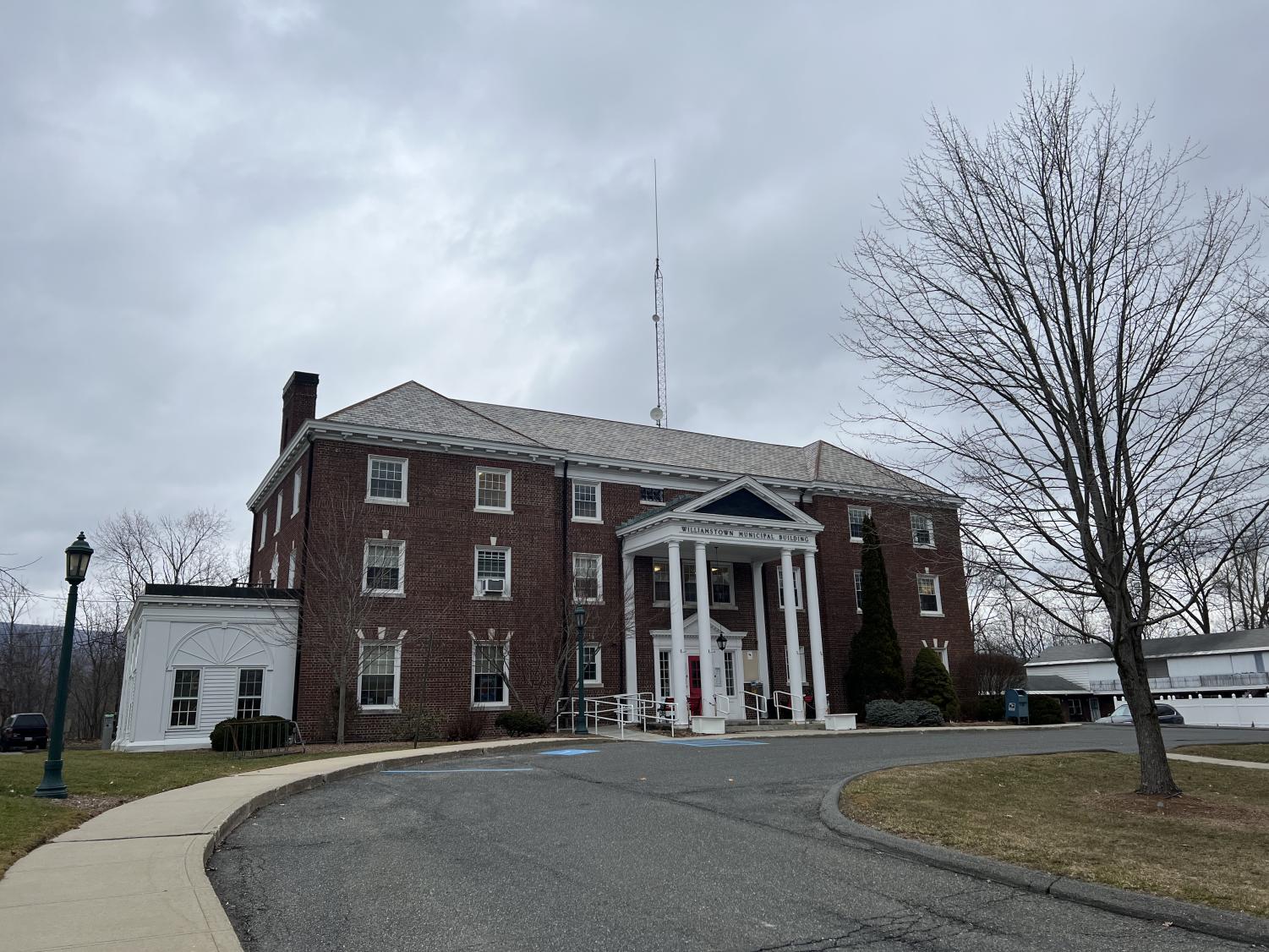Town to test electronic voting at annual meeting
April 19, 2023

At this year’s Town Meeting, voters will trial the use of electronic clickers to vote on warrant articles. They will also decide on an article that would allow the Town to use $27,000 to purchase clickers for use at future meetings.
Since votes would be tallied electronically, this technology would provide voters with increased anonymity, since the moderator currently sums votes by counting voters’ raised cards that say “yes” or “no.” While the clicker system offers the option to make votes public or anonymous, even public votes would be attributed to the numbers on the clickers voters used, rather than individual voters’ names.
The Town currently hires staff to count votes by hand at each Town Meeting, which Town Clerk Nicole Beverly said costs thousands of dollars for each meeting. If voters approve the clickers’ purchase, the $7,500 rental cost for the trial run at this year’s Town Meeting on May 16 will be applied towards the $27,000 purchase cost.
While the warrant article would authorize the purchase of clickers, it is intended as a referendum on their use, Chair of the Select Board Hugh Daley said at the board’s April 10 meeting. The article states that the Town intends to purchase the clickers using funds that it received from the American Rescue Plan Act (ARPA). “If we go ahead and purchase the clickers, we’re going to use them,” he said. “The board does not necessarily need the Town’s permission to appropriate ARPA funds — we’re using this [warrant article] as a gauge of public sentiment on clickers,” he continued. The Select Board unanimously recommended the article’s adoption at its April 10 meeting, when it finalized the Town Meeting warrant.
In an interview with the Record, Town Clerk Nicole Beverly said that the potential for increased anonymity was her motivation for proposing this trial of electronic voting via clickers. “There are people in the community that don’t feel comfortable raising their hand [to vote] one way or another,” she said, noting that she has observed voters attending Town Meeting but abstaining from voting. “On different articles, there are maybe 40 people that don’t vote at all.” Town Meeting attendance over the past 16 years has averaged 341 voters, according to iBerkshires.
“Maybe [some people] don’t have an opinion one way or another, but I would think a portion of that is going to be [people who don’t] want to say, for one reason or another — I do think it’s important to get everybody’s opinion,” she continued.
Daley shared Beverly’s support for voters’ anonymity during a discussion on electronic voting at the March 27 Select Board meeting, remarking that he believes the adoption of the clicker system has improved participation in town meetings in Lanesborough, Mass. “This system allows more people to attend because they feel more comfortable,” he said.
However, Select Board member Randal Fippinger resisted the presumption that Town Meeting votes should be anonymous. “I’ve heard a lot of passion [from Town residents] against anonymous [voting]… I would like there to be a formal conversation, instead of just ‘We’re going in one direction,’” he said during the March 27 Select Board meeting.
These clickers are provided by Meridia Interactive Solutions, a company which supplies similar technology to other Massachusetts towns. “I did quite a bit of research, and I polled my peers [in other towns], and that was the company that the most people like,” Beverly said in the interview.
The Meridia clickers offer viewers “yes,” “no,” and “abstain” options. After voters press a button, the clickers’ screens show each voter how they voted, confirming that their vote has been counted. After casting their original vote, users can change their votes until the voting period has ended.
The electronic voting system would not show attendees the number of votes for or against a measure until voting ends. “During the vote, there is no way to tell which way the vote is leaning and who is voting how,” Peter Babel, Meridia’s chief operating officer, told the Select Board on March 27. “That is to prevent herd mentality.”







